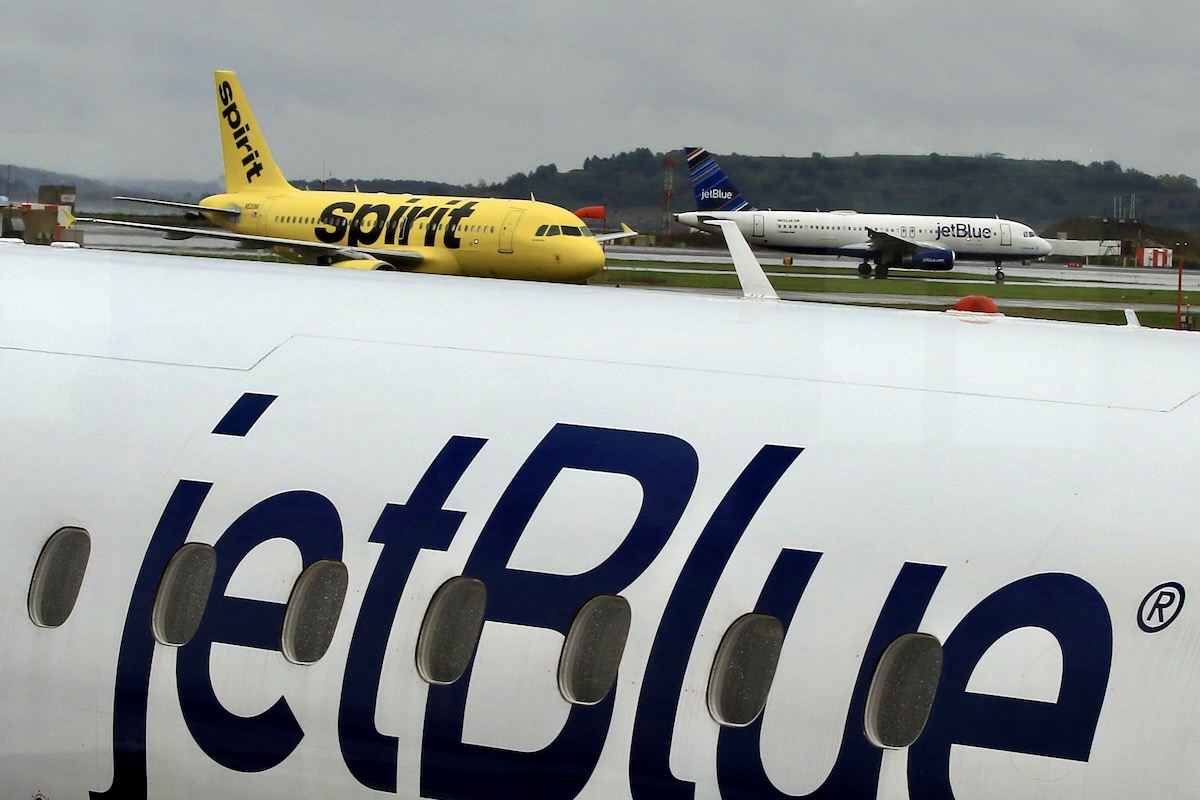Skift Take
One of the underlying motivations for JetBlue’s decision to pursue a merger with Spirit Airlines? Think Florida, where the two have closely overlapping route networks.
When JetBlue first announced it would acquire Spirit Airlines for $3.8 billion in April 2022, it seemed like an unlikely marriage.
JetBlue had started positioning itself as more of a competitor to the Big Four airlines — American, Delta, United and Southwest. Spirit held the title as the largest ultra-low-cost carrier in the U.S., known for charging fares as low as $21.
The two carriers’ ambitions couldn’t have been any more different. However, they did overlap on one thing: Florida.
Florida is the biggest market for both airlines and played a key role in a U.S. District Court judge’s ruling on Tuesday that blocked the proposed merger.
In a 109-page ruling, Massachusetts District Court Judge William Young noted that some of the most common cities the two carriers serve are Miami, Fort Lauderdale and Orlando.
Competition in Florida
When it comes to Florida — one of the most competitive travel markets in the U.S. — JetBlue and Spirit directly compete on around 40 routes, according to data from Cirium Diio. In the first quarter, 47% of the seats on JetBlue’s direct flights touch Florida.
But it doesn’t have much pricing power in that market. Absorbing Spirit in a merger would have eliminated a major competitor — one known for driving down fares. Consumers would have one less option and most likely see higher fares.
For example, between New York and Fort Lauderdale, a popular route for both JetBlue and Spirit, the two carriers operate as many as 24 flights a day in each direction, according to Cirium Diio schedule data. The elimination of Spirit would have given JetBlue significant pricing power on this route and others like it.
JetBlue offered to divest some of Spirit’s holdings in Florida to other ultra-low-cost carriers if the merger were approved.
However, since Spirit’s business model directly competes with legacy carriers in major cities and much of the other ultra-low-cost carriers operate in underserved markets, Young found that it seemed unlikely that airlines like Allegiant, Avelo, Breeze and Frontier could fill a gap left by Spirit.
The Daily Newsletter
Our daily coverage of the global travel industry. Written by editors and analysts from across Skift’s brands.
Have a confidential tip for Skift? Get in touch
